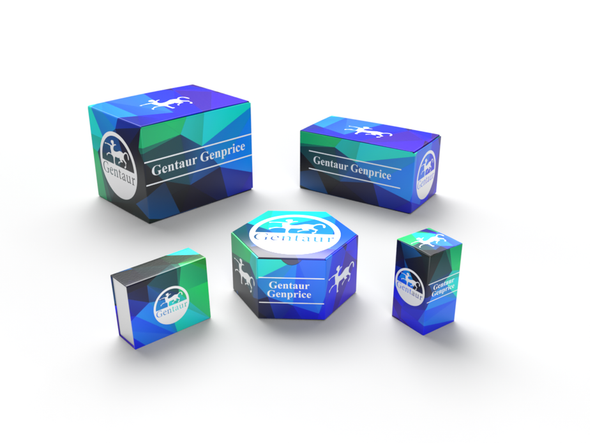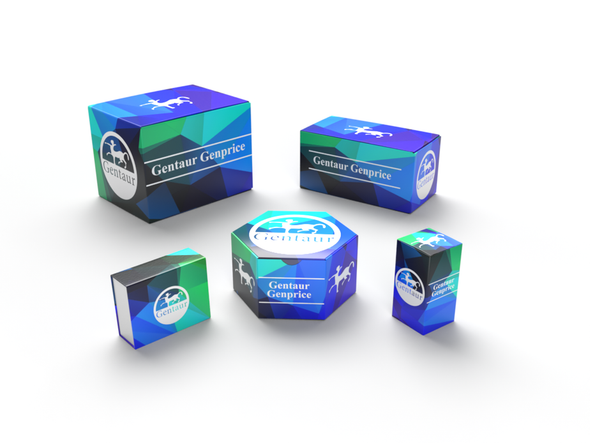740
Human Tyrosine-protein kinase Blk (BLK) ELISA Kit | AE61681HU
- SKU:
- 740-AE61681HU
- Availability:
- Usually ships in 5 working days
Description
Human Tyrosine-protein kinase Blk (BLK) ELISA Kit | AE61681HU | Gentaur UK, US & Europe Distribution
Species Reactivity: Human (Homo sapiens)
Abbreviation: BLK
Alternative Name: MGC10442; BLK nonreceptor tyrosine kinase
Application: ELISA
Range: 0.156-10 ng/mL
Sensitivity: 0.071 ng/mL
Intra-Assay: ≤4.8%
Inter-Assay: ≤8.1%
Recovery: 0, 99
Sample Type: Serum, Plasma, Other biological fluids
Detection Method: Sandwich
Analysis Method : Quantitive
Test Principale: This assay employs a two-site sandwich ELISA to quantitate BLK in samples. An antibody specific for BLK has been pre-coated onto a microplate. Standards and samples are pipetted into the wells and anyBLK present is bound by the immobilized antibody. After removing any unbound substances, a biotin-conjugated antibody specific for BLK is added to the wells. After washing, Streptavidin conjugated Horseradish Peroxidase (HRP) is added to the wells. Following a wash to remove any unbound avidin-enzyme reagent, a substrate solution is added to the wells and color develops in proportion to the amount of BLK bound in the initial step. The color development is stopped and the intensity of the color is measured.
Product Overview: The BLK gene is a nonreceptor protein tyrosine kinase with a calculated molecular mass of about 58 kD. It has an overall amino acid identity of approximately 87% to the mouse Blk; however, in the unique domain of Src family members there is only 58% homology and an insertion of 6 amino acids in the N-terminal region. The nature of this insertion suggested a functional role in membrane attachment. Mutation screening of each exon by direct sequencing of genomic DNA from KWE patients did not reveal any pathogenic mutation. Because BLK is a member of the SRC family, which is thought to play an important role in the signaling pathways controlling cell proliferation and differentiation, the authors considered the gene to be a good positional candidate for the cancers mapping to this region.
Stability: The stability of ELISA kit is determined by the loss rate of activity. The loss rate of this kit is less than 5% within the expiration date under appropriate storage condition. The loss rate was determined by accelerated thermal degradation test. Keep the kit at 37°C for 4 and 7 days, and compare O.D.values of the kit kept at 37°C with that of at recommended temperature. (referring from China Biological Products Standard, which was calculated by the Arrhenius equation. For ELISA kit, 4 days storage at 37°C can be considered as 6 months at 2 - 8°C, which means 7 days at 37°C equaling 12 months at 2 - 8°C) .






